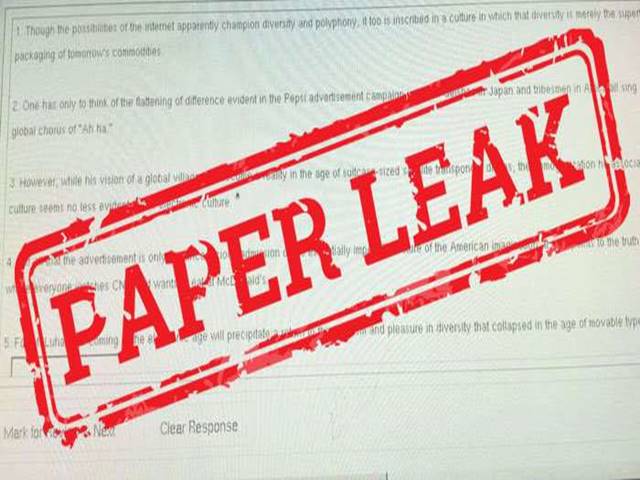New Delhi: The Rajya Sabha, today, successfully passed ‘The Public Examinations (Prevention of Unfair Means) Bill, 2024,’ focusing on combating leaks, malpractices, and organized malpractices in crucial recruitment examinations like UPSC, SSC, as well as entrance tests such as NEET, JEE, and CUET. Following its approval in the Lok Sabha, the bill is set to become law after the issuance of the notification.
Union Minister of State Incharge DoPT, Dr. Jitendra Singh, initiated the debate on the Bill, emphasizing its dedication to the youth of India. The legislation aims to address recent challenges affecting the youth and covers entrance examinations conducted by various government bodies.
During the debate, Dr. Jitendra Singh highlighted the government’s commitment to prioritizing the country’s youth, constituting 70% of the population. He stated that the Bill is the first of its kind in the history of the Indian Parliament, underscoring its significance in the government’s ongoing efforts to support and empower the youth.
The Bill, already passed by the Lok Sabha on February 6, 2024, extends its scope to cover examinations held by the Union Public Service Commission, the Staff Selection Commission, the Railways, banking recruitment examinations, and all computer-based examinations conducted by the National Testing Agency.
In the discussion, Shri Digvijay Singh of Congress called for the extension of the Bill to states, citing its relevance to the Concurrent List. Dr. Jitendra Singh countered this by recalling the historical shift of education from the State list to the Concurrent list.
Prakash Javadekar, BJP, highlighted the role of the National Testing Agency as a crucial step to check malpractices in exams. Several members from different parties, including DMK, AAP, BJD, CPI(M), Congress, BJP, CPI, and NCP, participated in the debate, expressing their views on the importance of the Bill.
Dr. Jitendra Singh, in his concluding remarks, stated that the Bill would ensure more transparency and a time-bound selection process, providing a level playing field. He encouraged states to adopt the legislation.
In his address, Dr. Jitendra Singh reflected on India’s progress under Prime Minister Narendra Modi’s leadership, citing advancements in the economy, the startup ecosystem, and the manufacturing sector. He emphasized the government’s commitment to youth-centric provisions and schemes, promoting transparency and equal opportunities in recruitment and higher education.
The Minister mentioned the scrapping of the attestation rule by Gazetted Officers, the elimination of interviews in government recruitment, and the introduction of self-attestation to instill trust in the nation’s youth. He highlighted the reduction of the selection process duration and the introduction of online exams to ensure fairness.
Dr. Jitendra Singh emphasized that the future of India’s youth, comprising 70% of the population, is at stake, and the Bill aims to secure their opportunities and ensure their participation in the development of ‘Viksit Bharat’ by 2047.





